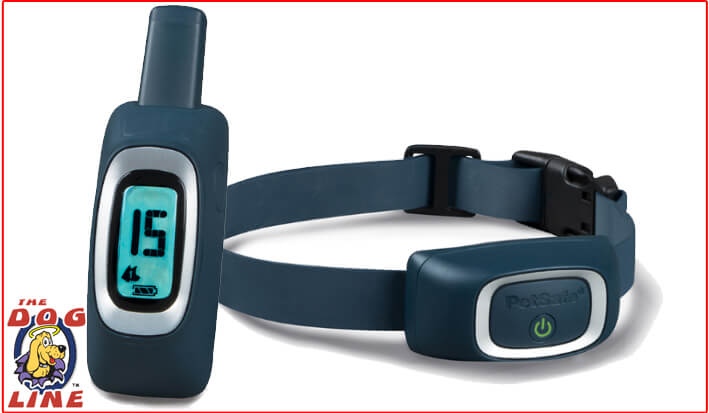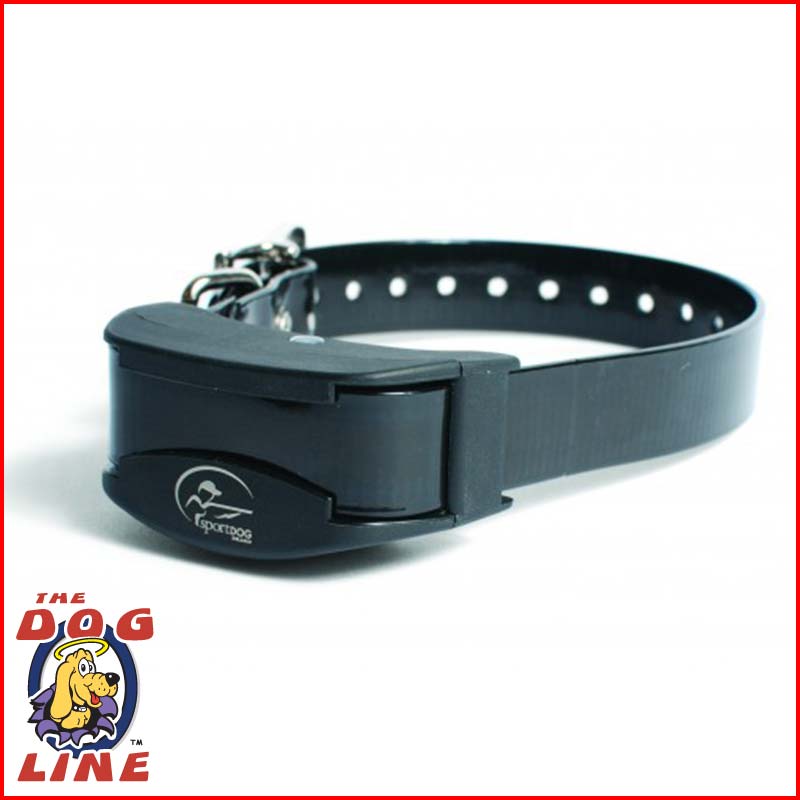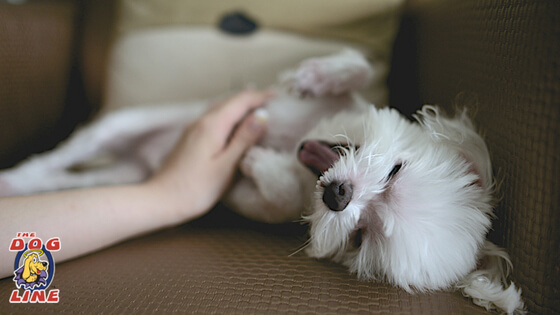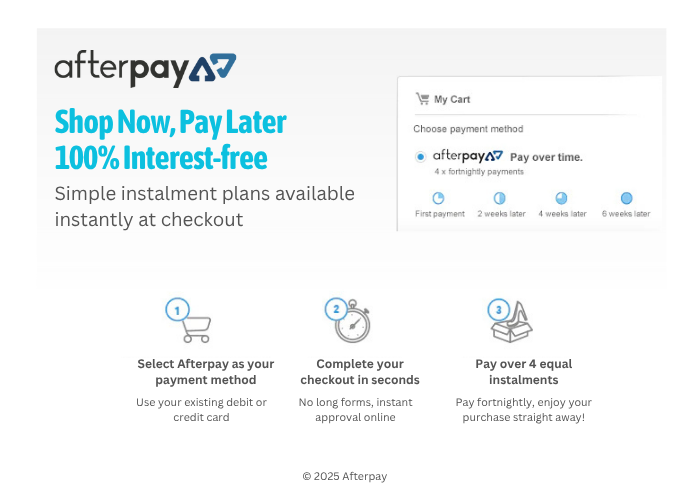What are Remote Dog Training Collars?
First, SHOULD YOU USE A REMOTE DOG TRAINING COLLAR? In this article, you will learn the purpose of electric dog training collars and the benefits they bring to your relationship with your dog, how they actually work, if they are allowed in Australia, if they are ethical or not… and if you need one - know the perfect age to start your training with your dog and find the best remote dog training collar available in Australia.

Curious about Dog Training Collars? We’ve got answers to your queries:
-
• Are these Electric Dog Training Collars Legal in Australia?
-
• What Age Can You Start Using an Electric Training Collar on a Dog?
They are commonly known as electric dog training collar or dog training “shock” collar. However, dog training collars do not just emit the static “shock” correction - you also have an option to stimulate your dog with tone or vibration and even with Citronella spray.
These remote dog training collars have been widely used in Australia and all over the world to easily and quickly train domestic and sporting dogs. The harmless correction or stimulation is activated by your handheld remote transmitter and will touch the dog through the collar receiver.
These wireless dog training collars also differ in signal range - you can start with a remote dog training collar that has 70m distance range if you have a pet dog that you want to train for basic commands, unwanted behaviours and short distance recall… or get the sporting dog remote trainer with 1, 600m signal range - best for recalling hunting and working dogs.
How Do Wireless Dog Training Collars Work?
These dog training “shock” collars work as your medium to communicate with your dogs in a safe and efficient manner - they are operated by 3 major parts: the remote transmitter, the signal range and the collar receiver.
The Remote Transmitter

With a press of button, your handheld remote delivers the stimulation to your dog. Rest assured that it is a harmless static correction - just enough to communicate with your dog in a distance.
Also, the remote of your dog training “shock” collar has different buttons that you can operate for different stimulations: static/electric, tone and vibration. Here, you can also change the levels of correction and some remotes have LED screen displays for you to know the level and the exact kind of stimulation being delivered by the remote dog training collar.
The Signal Range
These wireless dog training collars serve as your invisible leash for your dogs. Imagine being able to communicate with your dog in such a great distance the actual leash cannot cover. Getting a remote with a suitable distance range for your need, plays a vital role in the success of your dog training. So, it is best if you first identify how much signal range would you need before buying a remote dog training collar.
The Collar Receiver

Electric remote training collar receivers come in different sizes - remote training collars for small dogs typically fit tiny (extra-small) to medium dogs. On the other hand, remote training “shock” collars for large dogs can fit medium to extra-large dogs.
The dog training collar receiver is the tool that will deliver the correction signaled by the remote - most of these emit the static “shock” stimulations with tone and vibration options… and some prefer collar receivers that emit Citronella spray.
Electric Dog Training Collars can work in many different ways - it will help you to teach your dog some basic commands such as sit, stay, come and heel… as well as retrain your dog from unwanted behaviours such as jumping on guests, digging into garden beds, chasing people or other dogs in the park... and excessive barking. The success, however, relies on how well you use the Electric Remote Training Collar.
Are Dog Training “Shock” Collars Ethical?
Remote Dog Training Collars are made to improve relationships between humans and their pets through persistent and consistent training - proper use of these training tools is absolutely ethical.
See what the experts have to say about the humane use of Electronic Training Devices:
“Both radio-controlled and behaviour-activated electronic devices have been recognised as effective and humane training equipment when used properly and in accordance with humane principles”
- Steven R. Lindsay
Handbook of Applied Dog Behaviour & Training,
Procedures and Protocols,
Volume Three, 2005, Blackwell Publishing, p. 570
““…we feel that new technology employed by responsible manufacturers ahs led to products that can be and are being used safely and effectively to preserve the safety and wellbeing of many dogs and strengthen the bond with their human companions.”
- Dr. Randall Lockwood
Senior Vice President
Anti-cruelty Initiatives and Legislative Services,
The American Society for the Prevention of Cruelty to Animals (ASPCA)
“In the past ten years at our training center, we have ‘rescued’ over 100+ dogs that would have been turned in to shelters or euthanized because the dogs were deemed uncontrollable. These are dogs from normal households that failed to learn for whatever reason. These dogs come to our training center and spend two to four weeks learning how to respond to the training collar. We do not punish with it, but teach the dog to pay attention, learn right from wrong, and develop selfcontrol and a solid sense of teamwork. These dogs go back home with their owners, who easily maintain control by occasional application of a tone or stimulation to remind their pet of the rules.”
- Phyllis Giroux
D.V.M., CAC
“The Shocking Truth About Remote Trainers,”
The Whole Dog Journal
Vol. 4, No. 2, February 2001
“No comparable techniques or tools currently available can match the efficacy and safety of the e-collar for establishing safe and reliable off-lead control. If minimising the intensity, duration, and frequency of aversive stimulation during training is recognised as a significant factor in the definition of humane dog training, then the radio-controlled e-collar must be ranked as one of the most humane dog-training tools currently available.”
- Steven R. Lindsay
Handbook of Applied Dog Behaviour &
Training, Procedures and Protocols,
Volume Three, 2005, Blackwell Publishing, P. 586
What Age Can You Start Using an Electric Training Collar on a Dog?

Knowing when to start using a remote training collar on your dog is important in such a way that it saves your pet from getting ‘traumatised’ to the stimulation or correction.
Even though electric dog training collars are absolutely harmless, your dog may still fear the collar if he/she is not mentally prepared with recognising that the consequence (static, spray, vibration or sound corrections) is brought by the negative behaviour (e.g. jumping, chasing, not coming when recalled, digging and nuisance barking). Thus, the age of your dog should not be the only factor to consider when using a remote electric training collar.
So, how do you know that your dog is mentally prepared with the training collar? Observe your dog’s behaviour and how he/she reacts with difficult situations - if your dog is able to associate a certain consequence to a negative behaviour, by stopping such behaviour, that’s when you know your dog is ready, regardless of the age, for the wireless dog training collar.
Say for example; your dog gets stuck in a small hole in the corner fence in the yard - he/she learns that it will be difficult to get off it without your help, so he/she had to yap... the next time you dog goes to the yard, he/she won’t ever attempt to stick his/her head in that hole again.
However, some seasoned dog trainers would say that the right age to start using a remote training collar on a dog is between 3 to 6 months. I reckon this is also acceptable. Yet once again, it is really important to make sure that your dog is mentally prepared to start the remote dog collar training.
Choosing the Best Remote Dog Training Collar
To get the right Remote Dog Training Collar for your dog, you have to consider a few factors: your dog’s size, temperament, age or mental preparedness… the signal range, the correction options and the features of the remote electronic training collar.
Your Dog’s Size & Age (Mental Preparedness)
As discussed above, it is best to start your electronic remote collar training when your dog is mentally prepared, regardless of your pet’s age. Nevertheless, starting at 3 to 6 months of age is acceptable. However, you also have to consider your dog’s size and temperament.
If you have a tiny to medium sized dog; like a Chihuahua, an Australian Terrier or a Cavalier King Charles Spaniel - choose a remote dog training collar for small dogs.
If your dog’s size is medium to extra-large like an Alaskan Malamute, Bernese Mountain Dog or the Australian Shepherd, choose the remote dog training collars for large dogs.
Your Dog’s Temperament
If you have a more timid dog like a Shih Tzu, Chinese Crested, Papillon, Greyhound and Pug, you can choose a remote dog training collar with a Citronella spray function. Also, most remote trainers have tone and vibration functions to better train dogs with sensitive personalities.
Static “shock” remote training collars are best recommended for dogs that are strong-willed in nature - like Tibetan Mastiff, English Bulldog, Siberian Husky, Jack Russell Terrier and Beagles. Some remote trainers are also equipped with higher levels of static correction to better train stubborn dogs. Remember that these stimulations are rated to be safe and effective, provided that these remote dog training collars are used properly with consistent and persistent training.
The Signal Range You Need
Remote Training Collars with shorter range (70m - 300m signal range) are enough to train domestic dogs for basic commands or short distance recall. If you have a pet that you need to train from unwanted behaviours such as chasing people or other dogs and pulling leads during walks in the park, short range coverage remote dog training collars are highly recommended.
Now, Remote Dog Training Collars with wider range (800m to 1, 600m signal range) are without a doubt recommended for sporting or working dogs. These type of remote trainers are widely known to effectively train shepherd dogs. As well as hounds for hunting - these remotes are best in recalling dogs during hikes and hunts.
There are also rechargeable remote dog training collars that you need to see, especially if you and your dog are always on the go - no more buying of batteries. Most of these dog remote training collars are waterproof and completely submersible so you can take your training to a fun, whole next level - the beach.
 The Dogline
The Dogline



















